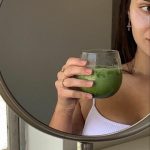If you’re on TikTok, you’ve heard of the “that girl” idea. “This girl” is the modern-day it girl: drinks green juice, goes soulcycling, eats like Emily Mariko, wears OnCloud sneakers and Aritzia tracksuits. In fact, the “that girl” aesthetic isn’t necessarily detrimental; it’s about making the most of your day, staying organized, and doing things that build you up. But “that girl” falls into the same trap as many other social media phenomena: it perpetuates harmful beauty standards and reinforces a dichotomy between foods that establish some as “good” and others as “bad.” .
@kaylieestewart morning and evening routine ☀️🌙 #thatgirl #motivation #healthylifestyle #fyp ♬ ummmm – eshy poo🤵🏻🤞🏻
If you’re literally like most people in America, your New Year’s resolution was probably something like “eat healthier”, “lose weight”, or “get fit”. It’s not uncommon these days: with the rise of social media and the consumption of ads promoting miracle weight loss teas and easy week-long remedies for stomach fat, losing weight weight seems easy with the help of online consultants and random minerals. supplements.
However, the rise of diet culture does not focus on intuitive eating, getting the nutrients your body needs, or even training to stay strong and healthy. Instead, diet culture relies on the spread of “fad diets” and unattainable beauty ideals promoted by social media that incite poor eating habits and have dangerous effects on self-esteem.
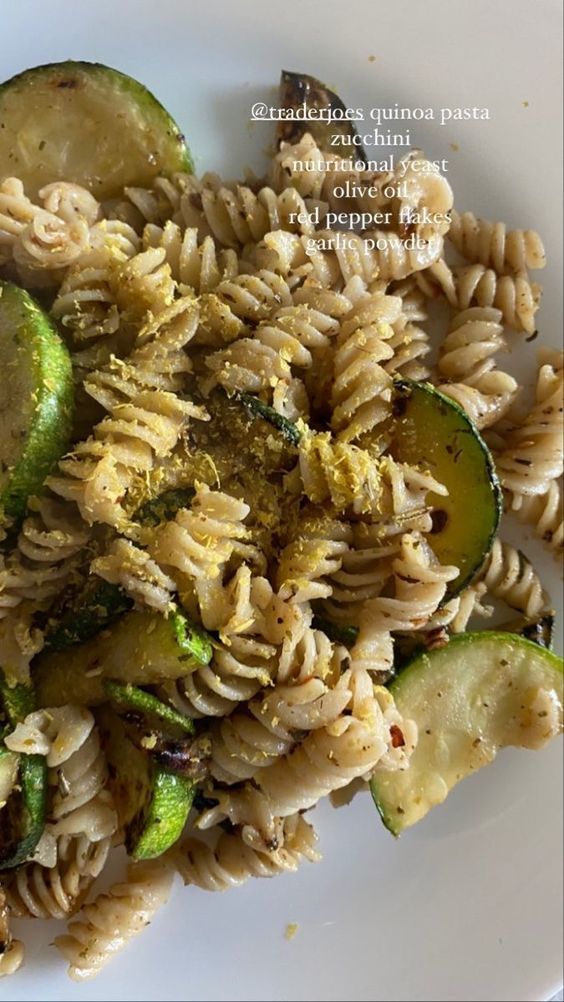
What is diet culture and why is it harmful?
Dietary culture refers to a set of socially constructed norms nurtured by populations that insist that in order to be healthy, people can only look a certain way, eat certain foods, and consume only a certain number of calories. While obesity is a major problem in the United States and can contribute to health problems over time, the diet culture goes even further, postulating that for to be in a good health you must be thin stick.
The rise of diet culture in combination with social media has contributed significantly to the increase in dangerous eating disorders among adolescents. Eating disorders such as bulimia and anorexia nervosa rank third among the most common chronic illnesses among teenage girls, with an incidence of up to 5%.
Diet culture is being exacerbated by social media influencers and celebrities touting their $300 juice cleanse in their Instagram stories and swear that’s what helps them keep their model bodies – when in fact some of these cleanses destroy your body.
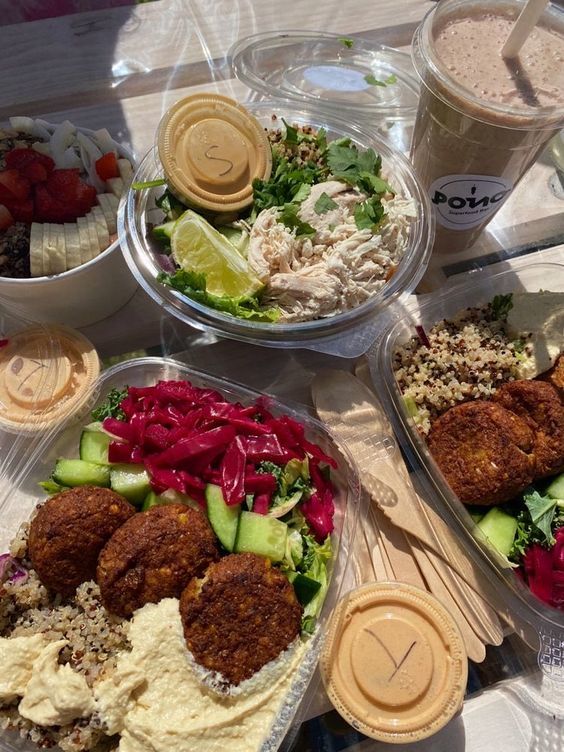
Take a juice cleanse, which lasts 1-10 days and asks participants to indulge in a diet lacking in many nutrients, like protein, fat, carbohydrates, and fiber, and replaces food with a liquid-only diet . Even if you’re juicing to lose weight, your body can’t burn fat as quickly. instead, you burn water weight and muscle, not big.
Diet culture and beauty standards also limit intuitive eating tendencies, which causes the body to go into “survival mode”, making you weaker, more tired and unable to concentrate. There are as many health drawbacks to a restrictive, non-nutritious diet as there are to severe obesity.
Internalized weight stigma is an extremely common problem, especially among young women, in the United States and around the world. The development of unhealthy eating behaviors is linked to poor cardiometabolic health, and there is not enough research to establish intervention techniques.
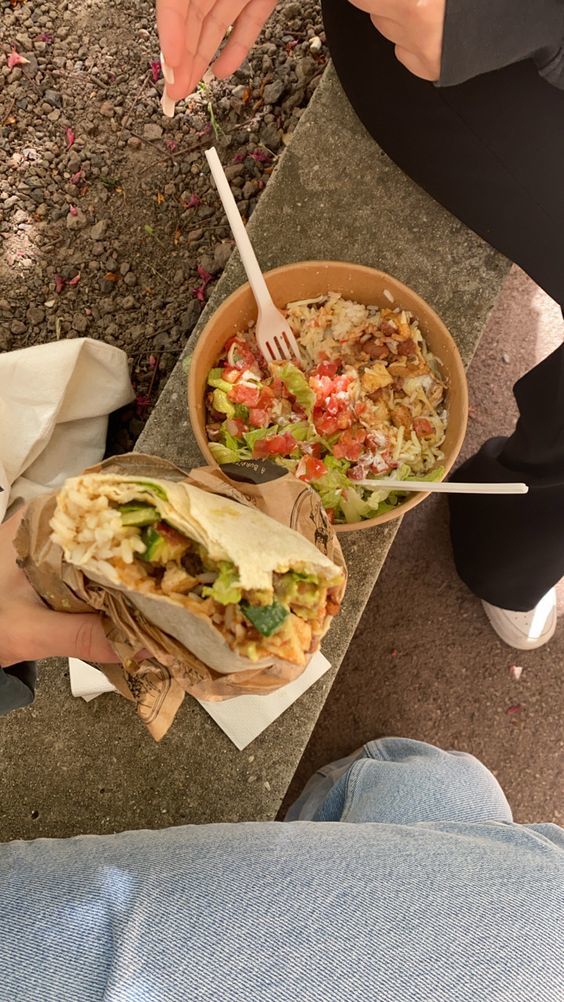
Diet culture is a silent culprit for promoting these unhealthy ideals, operating under the guise of “health”; but, this distracts in particular from the fact that slimming and health are not necessarily synonymous.
How to eliminate fad diets?
Dieticians and nutritionists opposed to fad diets instead advocate the practice of intuitive eating: listening to the body’s innate cues and allowing the body to eat what it wants, when it wants.
By doing this, you counter the insinuations of dietetic culture that there are “good foods” and “bad foods”; Obviously, eating a Big Mac every day isn’t necessarily healthy, but focusing on the foods that make you feel good and maintaining a balance in what you eat can help develop healthy eating norms without succumbing to diets. toxic models. By removing restrictive dietary rules from your practice, you can eat whatever you want; fries, salad, fries and fruits.
Instead of micromanaging your calorie intake, make sure you’re consuming the necessary nutrients. Intuitive eating, although there have been few studies, shows promising health benefits in individuals, including ever greater (and increasingly arbitrary) reduction in BMI.
When you train, train to stay healthy. Working out isn’t just to get that 6-pack Kendall Jenner has; it has benefits for overall health, concentration and intelligence. Embracing healthy habits and removing the “I need to be skinny” aspect of eating and self-health is redefining society’s understanding of what’s beautiful and what’s good for you , and finally renders you to feel better.
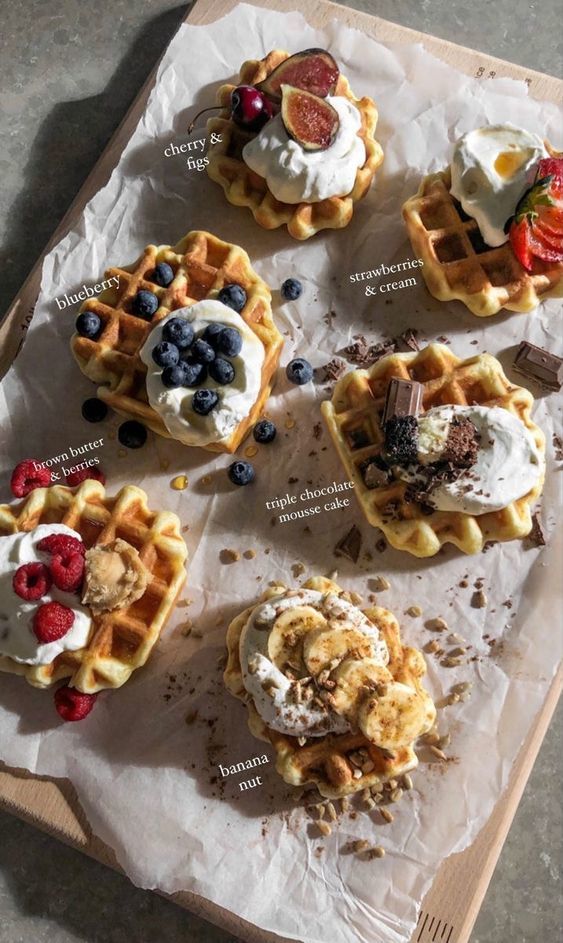 Establishing an introspective approach to mindful eating and exercise is a much better resolution than simply “losing weight.”
Establishing an introspective approach to mindful eating and exercise is a much better resolution than simply “losing weight.”
This year, I encourage you not to fall victim to juice cleanses, “panacea” powders, and spot-busting exercises, and instead adopt habits that make you feel healthy. It’s easy to feel inactive, especially in quarantine and when many colleges and schools have returned to Zoom. It’s understandable. But find balanceit’s much better for you in the long run.

